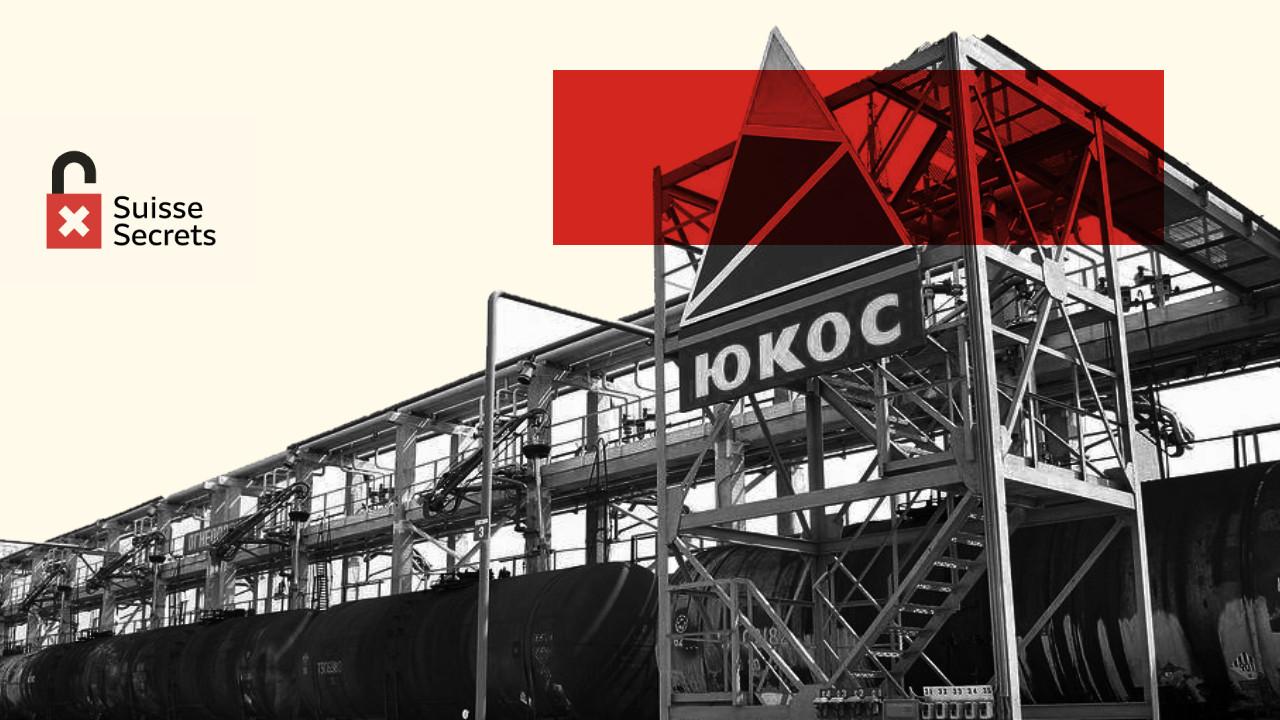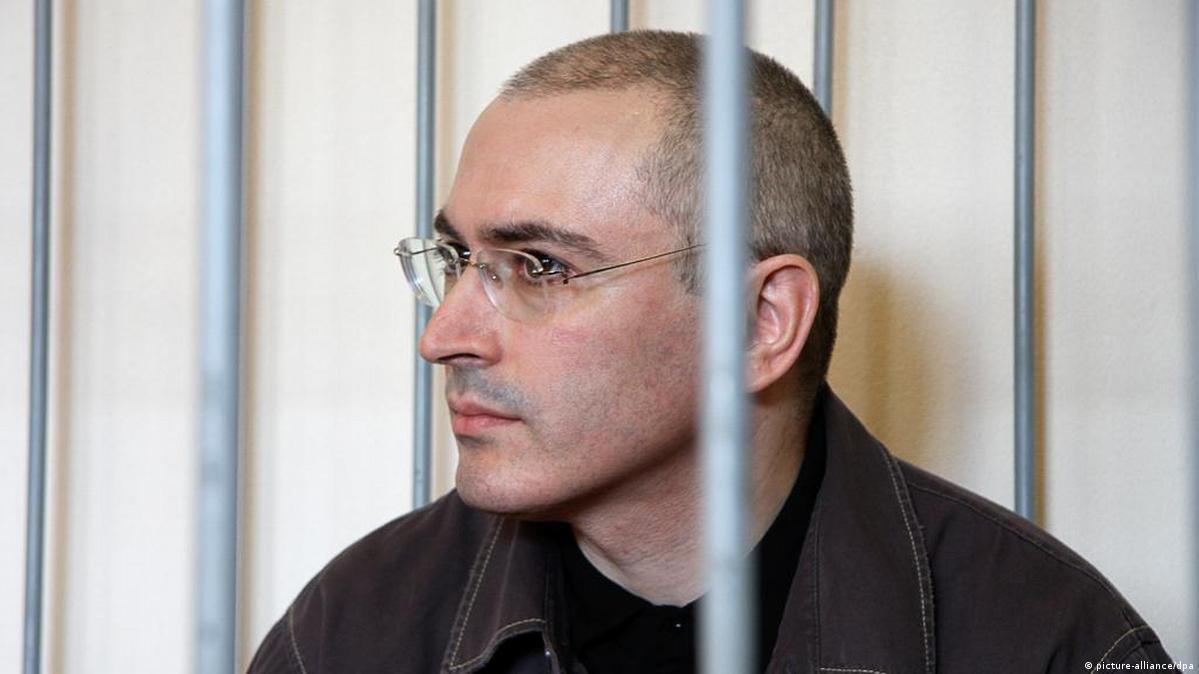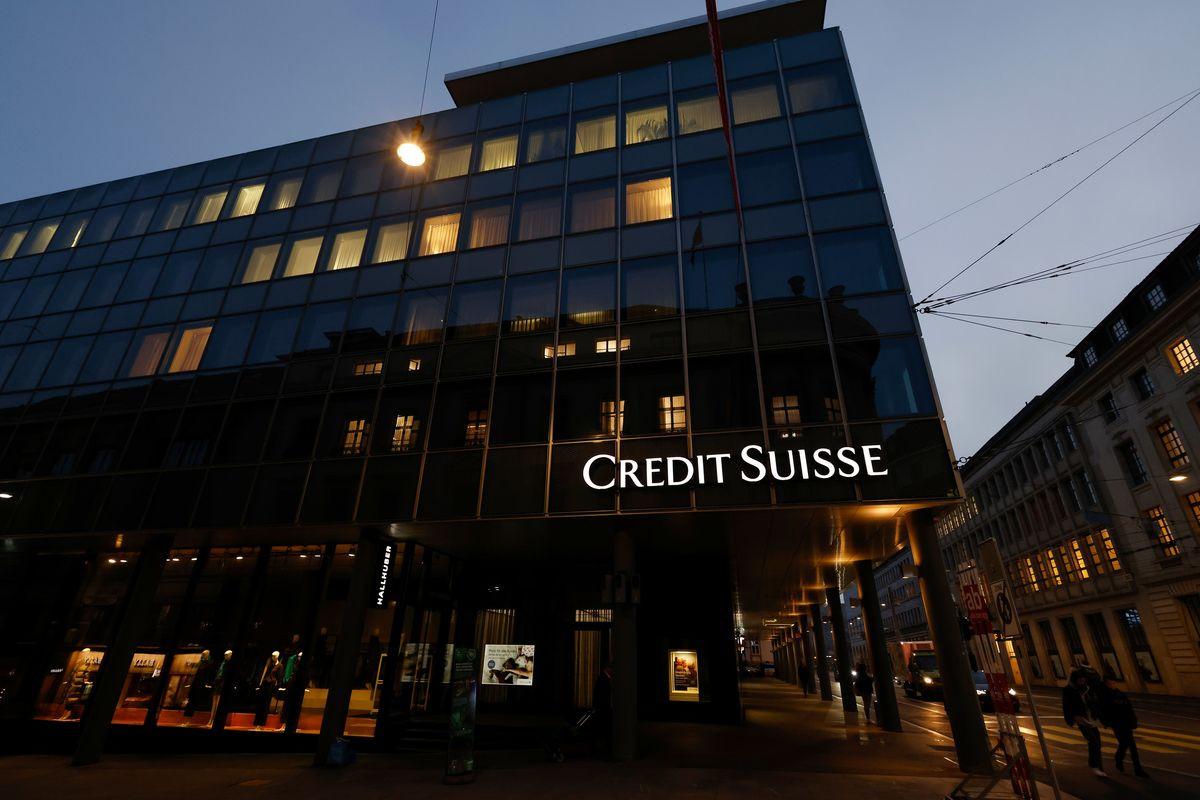
Accounts For Yukos Opened in Credit Suisse Bank; Management Has No Clue, Credit Suisse Doesn’t Comment
|
|
📌 More than 150 million Swiss francs in two accounts were opened in Swiss Credit Suisse bank under the name Yukos CIS Investment Limited (YCIS), the Armenian subsidiary of Yukos Oil founded by Mikhail Khodorkovsky. 📌 The existence of so much money in the bank account of the subsidiary of such a large company would normally not raise any eyebrows, but the former management of the company claims that they do not know where the money came from and who opened those bank accounts. 📌 Credit Suisse is silent: the bank hasn’t responded to our inquiry. This raises suspicions since Credit Suisse has always responded to our past inquiries. |
Information about the YCIS bank accounts was made available to Hetq as part of the Suisse Secrets investigation.
Suisse Secrets is an international journalistic investigation based on leaked bank account data.
The leaked information covers some 30,000 people and more than 18,000 bank accounts.
In the leaked data, the number of persons connected with Armenia is about five hundred, and the number of bank accounts, about four hundred.
Political disagreements between Mikhail Khodorkovsky and Vladimir Putin in the early 2000s led to various criminal cases against Yukos Oil in Russia.
The Russian government froze Yukos Oil shares and lawsuits against the company continued. Company shares depreciated and the company was declared bankrupt in 2006.
In 2005, Mikhail Khodorkovsky was sentenced to thirteen years imprisonment for money laundering and other economic crimes. Putin pardoned him in 2013. Khodorkovsky immediately moved to Switzerland and then to Great Britain, from where he currently continues his political opposition activities.
Yukos Oil sued Russia in various international courts, arguing that Moscow was politically hounding it. Yukos won some of the cases and Russia was obliged to pay large sums of money to Yukos successor companies. These cases are collectively known as the Yukos Case.
While under political attack, Yukos Oil tried to get money out of Russia through its subsidiary companies. These attempts led to several criminal and judicial cases in different countries.
The Armenian subsidiary of Yukos, YCIS, was included in these cases. Hetq covered some of them
- Khodorkovsky’s Legacy: The Battle for Yukos Oil Millions in Armenian Courts
- Yukos' Armenian Subsidiaries’ Assets Are More Than Double Armenia's State Budget
YCIS former director says they’re surprised
According to Suisse Secrets leaked data, the Armenian subsidiary of Yukos had three accounts at Credit Suisse.
All were opened in 2008. One had no money and closed a year after it opened.
The other two accounts contained more than 150 million Swiss francs in total.
Since the bank accounts were opened during the tenure of YCIS Director Armen Mikayelyan, Hetq asked him for clarification.
Mikayelyan was surprised to learn there were three accounts opened at Credit Suisse. He said only one account was opened during his tenure and that it was closed in 2009.
“I officially confirm that I was not aware of any account other than the one opened with Clariden Leu in 2008 and closed in 2009. Closure of this account was confirmed by Clariden Leu,” -Mikayelyan told Hetq.
Hetq received the same answer from the president of JLA Communications, Jim Lake, who was authorized by the former Yukos management to deal with press issues.
“Yukos CIS Investment Limited opened an account at Clariden Leu in 2008; we assume that is the Credit Suisse account to which you have referred. A cursory review of our records seems to indicate that said account was closed prior to Rosneft's hostile takeover,”-Jim Lake responded to our written inquiry
Clariden Leu is a bank founded in Zurich in 2007, which at the time of its creation was part of the Credit Suisse group. It later completely merged with Credit Suisse.
“Like Mr. Mikayelyan, Yukos management is not aware of any Credit Suisse accounts having been opened in the name of Yukos CIS Investment Limited ("Yukos CIS") at any time. We are aware of one account which was opened and closed long ago by Yukos CIS at Clariden Leu. Being unaware of the very existence of such accounts, it should be obvious that we cannot tell you who "managed" them or "what happened to the money" they allegedly contained.” -Jim Lake told Hetq
Mr. Lake also provided Hetq with data on the one account information they opened. The data did not match any of the three Credit Suisse accounts we are aware of.
Moreover, the account opened by them had sub-accounts in Euro and US dollars. Our account is intended for Swiss francs.
We asked Armen Mikayelyan if he could speculate as to who opened those three accounts. We also asked who was present when that other one account was opened. Mirzoyan gave the following evasive response.
“I am not sure what else to tell you about your investigation of accounts allegedly with over a hundred million dollars, except that they have no relation to me or to YCIS, as the documents and others have confirmed.”
Hetq asked Armen Mikayelyan if he launched an investigation to find out who opened the accounts, in the name of Yukos CIS, during his tenure as company director.
“I cannot have any comments with relation to bank accounts I have no idea about. Nor am I in a position to inform you of legal advice I am getting from my counsel,” -Mikayelyan said.
YCIS executives will not say whether it has its own suspicions as to who opened the accounts or how they were managed without their knowledge.
Will new legal processes start?
It should be noted that following the liquidation of Yukos, internal disagreements and conflicts broke out in the successor companies and between their managers.
The most prominent of these court cases involved Yukos former employee Daniel Feldman.
Six successor companies of Yukos accused Feldman of abusing his powers for personal gain, taking bribes and other illegal activities.
- Read Feldman's court case in detail at this link
After a years-long court case, Feldman was partially acquitted in 2020 by a New York court. But this case once again proved that there were serious problems within Yukos and employees who did not have the company’s best intentions at heart.
Several important questions arise.
Perhaps these accounts at Credit Suisse were opened by former Yukos employees.
Maybe some employees tried to take advantage of the muddled situation in Yukos.
Why doesn’t the management of the Armenian subsidiary of Yukos say whether they are going to seriously deal with this issue and find out who is behind opening these accounts? We are talking about more than 150 million francs.
Why is Credit Suisse silent?
If Yukos tries to find the answer to these questions, it is possible that a new legal process will start, no less shocking than Daniel Feldman's court case.
|
|
Why was Yukos Armenian subsidiary created?In 2002, Yukos Oil established YCIS in Armenia. Yukos Oil felt that Armenia, due to legislative privileges and a liberal banking system, was a prime spot to open a subsidiary – an international holding group. YCIS, in turn, founded a group of companies, a holding company, which jointly owned more than US$4 billion in assets. Yukos managers, when they sensed the impending danger of politically motivated hounding, they created another subsidiary of the Armenian YCIS in the Netherlands, via which they transferred all the assets of the Armenian subsidiary to the Stichting Administratiekantoor FPH, a foundation created to protect the interests of shareholders. A stichting (lit. 'foundation’) a special Dutch legal entity, is an organization that does not have shareholders, but can conduct charitable, public, economic, even commercial activities. It can also be a shareholder of another company and conduct commercial activities through its subsidiaries and manage the share capital. This type of foundation acquires company shares by exchanging them for depositary receipts. Thus, Yukos managers insured the capital of the holding created through the Armenian subsidiary. Armen Mikayelyan was appointed director of the Armenian company. The authorized capital of the company was equivalent to US$1 million, more than 500 million AMD at the time. Mikayelyan was appointed director of YCIS via the intervention of Vasili Aleksanyan, a lawyer and executive vice-president of parent company Yukos. The two studied law together at Moscow State University and graduated from Harvard University. Aleksanyan died in 2011. He was imprisoned within the Yukos case from 2006 to 2008. In August 2006, the Moscow Arbitration Court declared Yukos Oil bankrupt. In August 2007, Yukos shares were sold to the oil company Rosneft, and other companies as part of the bankruptcy case. Rosneft also acquired the shares of YCIS. While Khodorkovsky and his colleagues were in prison, various offshore companies in the Netherlands, Great Britain, the United States and Armenia tried to recoup the millions of dollars of Yukos assets won by Rosneft, or to prevent Rosneft from absorbing them. To prevent Khodorkovsky's Armenian colleagues from recouping these assets, Rosneft applied to all the courts in Armenia, but in vain. Rosneft also appealed to the law enforcement agencies of Armenia. In Armenia, in 2009, a criminal case was initiated, and charges were brought against Armen Mikayelyan, the former director of YCIS, because the latter refused to hand over the company's documents and seal while the legality of the takeover of the company by Rosneft was being examined in the courts. Mikayelyan had left Armenia and was residing in the U.S., thus avoiding legal prosecution. Following the change of Armenia’s government in 2018, the criminal case against Mikayelyan was dismissed and he started to visit Armenia. The court cases in the Netherlands were finally resolved in 2015 with Yukos and Rosneft settling. The parties signed an agreement renouncing all mutual claims and halting all legal proceedings. They also undertook not to file claims against each other in the future in connection with the bankruptcy and liquidation of Yukos. Shares of Armenian Yukos SNG Investment have been managed by Rosneft since 2010, but the latter was never able to amass the capital of its holding subsidiaries. |
- Credit Suisse Mystery: Fourteen-Year-Old Armenian Girl Gets Swiss Bank Account. Years Later, It Held Over $100 Million. Who’s Behind The Money?
- Suisse Secrets. Armen Sarkissian Didn’t Declare Swiss Bank Money
 Videos
Videos Photos
Photos






Write a comment